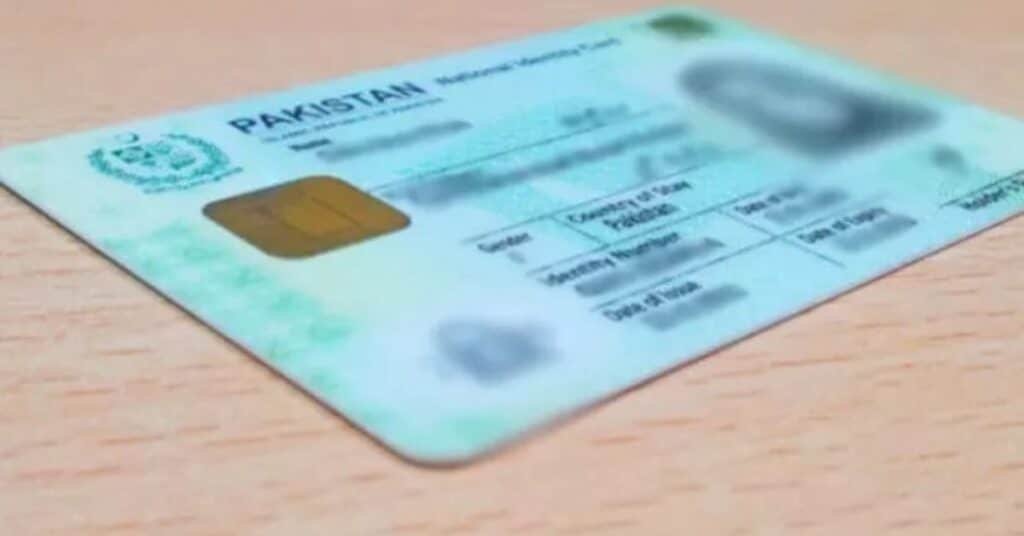ISLAMABAD (Kashmir English): The National Database and Registration Authority (NADRA) has issued new operational guidelines for citizens applying for Computerised National Identity Cards (CNICs) and other official documents with a view to streamline its services and most importantly, enhancing data security.
According to NADRA announcement, citizens visiting NADRA centres for obtaining CNIC or other official documents must carry original documents only, as photocopies will no longer be required for routine procedures, including B-Forms and registration certificates.
The Authority has further clarified that using another person’s CNIC as a reference or guarantee holds no legal status.
According to officials, the decision is part of the Authority’s broader efforts to combat identity fraud and improve transparency in its processes.
NADRA centres across the country have already installed a clear signage displaying the updated procedures.
In a separate public safety advisory, NADRA has warned citizens to avoid unnecessary photocopying of CNICs.
The advisory highlighted growing concerns about fraudulent schemes where criminals impersonate officials and attempt to collect personal data — such as CNIC numbers and fingerprints—by offering prizes, financial rewards, or incentives.
NADRA has warned that handing over CNIC to someone as a guarantee or for unauthorised services could lead to identity theft, including financial fraud and illegal registrations.
In recent times, there has been a surge in reported cases of individuals falling victim to such scams, prompting NADRA to act swiftly with preventive measures and public awareness efforts.
Only original documents when visiting NADRA
Citizens have been advised to bring only original documents when visiting NADRA offices.
They have been asked to avoid carrying or submitting CNIC photocopies, unless required.
The citizens have been asked to never share CNICs, fingerprints, or other personal information in informal settings.
This move also aims to reduce paperwork, increase operational efficiency, and protect citizens’ personal data amid rising digital security challenges.




